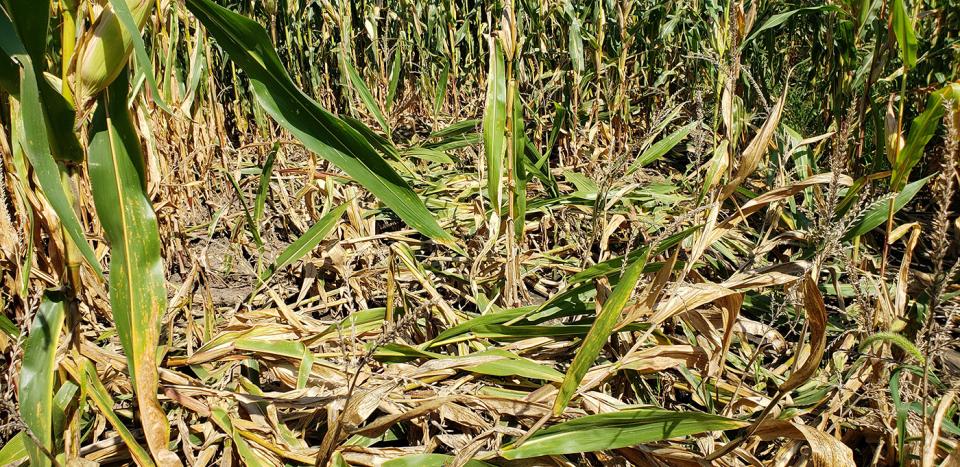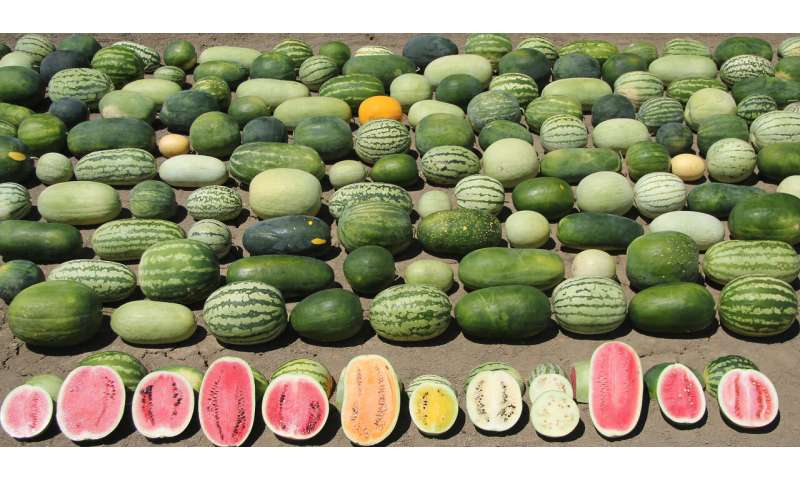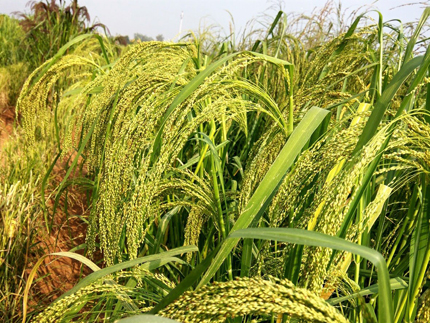
A new study featured in the journal Weed Science points to the formidable weed control challenges faced by growers today. Weeds have developed resistance to many existing herbicide options, and new herbicide discoveries have plummeted. As a result, nonchemical approaches are growing in importance.







 Corn is a staple feed and biofuel crop with a value close to $3.7 billion in the Michigan economy alone.
Corn is a staple feed and biofuel crop with a value close to $3.7 billion in the Michigan economy alone. 

 There are over 500,000 plant species in the world today. They all evolved from a common ancestor. How this leap in biodiversity happened is still unclear.
There are over 500,000 plant species in the world today. They all evolved from a common ancestor. How this leap in biodiversity happened is still unclear. 
 In the semi-arid tropics of Asia and Africa, conditions can be difficult for crops. Plants need to have short growing seasons, survive on poor soils and tolerate environmental stresses.
In the semi-arid tropics of Asia and Africa, conditions can be difficult for crops. Plants need to have short growing seasons, survive on poor soils and tolerate environmental stresses. Eagle talons are regarded as the first materials used to make jewellery by Neanderthals, a practice which spread around Southern Europe about 120,000 and 40,000 years ago.
Eagle talons are regarded as the first materials used to make jewellery by Neanderthals, a practice which spread around Southern Europe about 120,000 and 40,000 years ago.  In contrast to humans, plants cannot feel pain. However, so-called mechanical stimulation -- rain, wind and physical impact from humans and animals -- contributes to the activation of a plant's defence system at a biochemical level. This in turn triggers a stress hormone that, among other things, can lead to the strengthening of a plant's immune system.
In contrast to humans, plants cannot feel pain. However, so-called mechanical stimulation -- rain, wind and physical impact from humans and animals -- contributes to the activation of a plant's defence system at a biochemical level. This in turn triggers a stress hormone that, among other things, can lead to the strengthening of a plant's immune system.